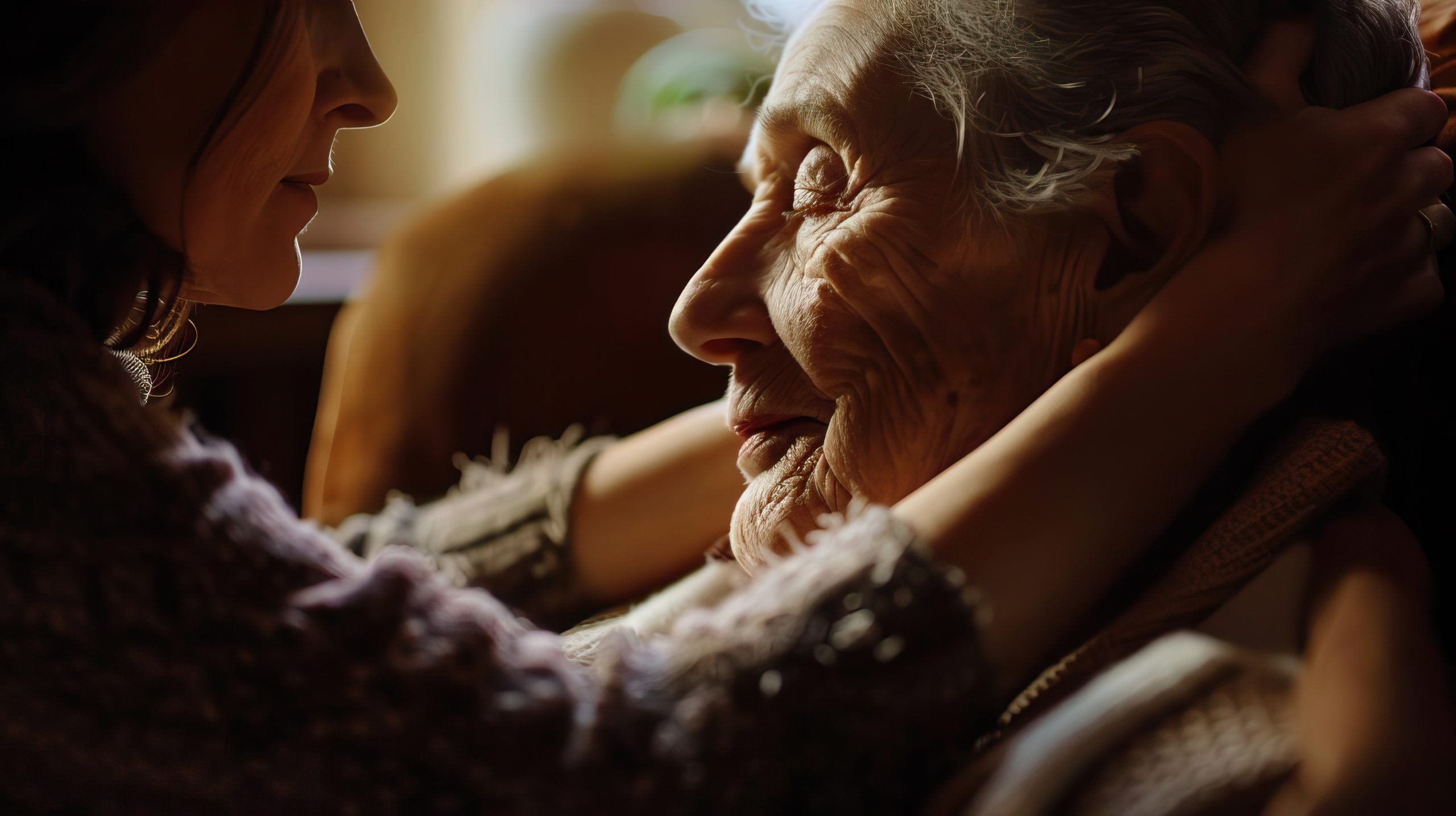Many mistakenly believe that palliative treatment and hospice care are synonyms. Subsequently, they often miss out on the benefits that palliative care can bring them. The truth is that palliative care can help patients in any stage of treatment, even if they’re nowhere close to needing end of life care.
What Is Palliative Care?
Palliative care is simply a treatment plan that addresses side effects or symptoms of a disease, and not the disease itself. Hospice care, on the other hand, means that treatment of the disease itself has stopped. Palliative treatment starts as soon as diagnosis happens–even before, in many cases. It can happen in conjunction with ongoing disease treatment.
Think of it this way: hospice is a form of palliative care, but palliative care is a larger umbrella. It can be used for surgery recovery, pregnant mothers, patients waiting for heart or kidney transplants, or those who have lost their sight. To take a specific example, pain medications are a form of palliative care. They don’t treat the underlying disease, but rather the side effect. They’re utilized whether or not a disease is life-threatening.
Palliative Care Helps Patients with Chronic Disease
Here at Wings of Hope, we offer palliative care for patients in many different situations. This may include people with chronic disease that affects their quality of life, but not necessarily how long that life will be. On the other hand, patients under hospice care have discontinued treatment meant to heal the disease, and have 6 months or less of life, if the disease runs its normal course.
Here are a few situations in which palliative care can be useful outside of hospice care:
- Cancer
- Dementia
- Lung disease
- HIV/AIDS
- Adjusting to disability (i.e. loss of limbs, mobility, vision, etc.)
- Parkinson’s disease
- Heart failure
- Neurological disease
What Does Palliative Care Include?
Standard palliative care will include treatment of symptoms that affect quality of life. However, disease can impact every aspect of our lives. That’s why, in addition to treatment of physical symptoms, palliative care will include emotional, social, spiritual, and practical treatment.
- Pain management
- Improving sleep
- Monitoring diet and appetite
- Treating nausea, loss of motor function, and any other physical difficulties
- Mental health care (both emotional and spiritual)
- Social care, including support groups, family counseling, planned activities, etc.
- Case management, such as help with managing bills, coordinating transportation, explaining treatment options, establishing advance care directives, etc.
Here at Wings of Hope, we offer palliative care to patients in many different situations. We strive to provide care that eases the adjustment for patients and their families, whether it’s for a limited amount of time, or an ongoing period. Are you or a loved one in need of palliative treatment? Contact us to learn more.





